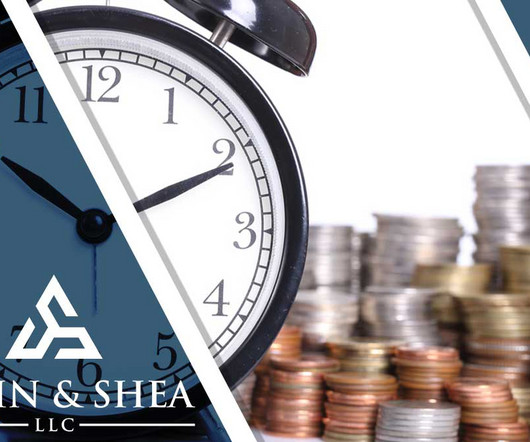Automatic Stay Timeline
Sawin & Shea
DECEMBER 21, 2023
It stops: Debt collection efforts Foreclosures Wage garnishments Civil lawsuits Utility shutoffs Most other creditor actions to collect pre-bankruptcy debts The stay helps facilitate the goals of bankruptcy by preventing creditor collection efforts and allowing time for orderly debt restructuring or liquidation.













Let's personalize your content